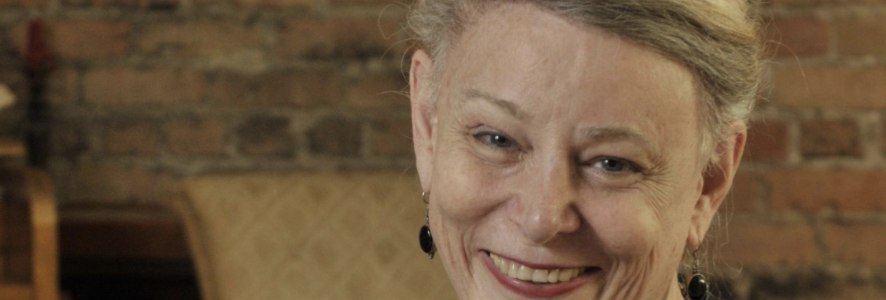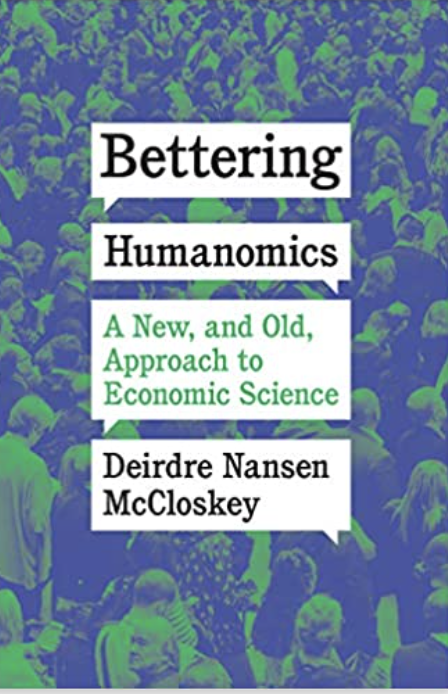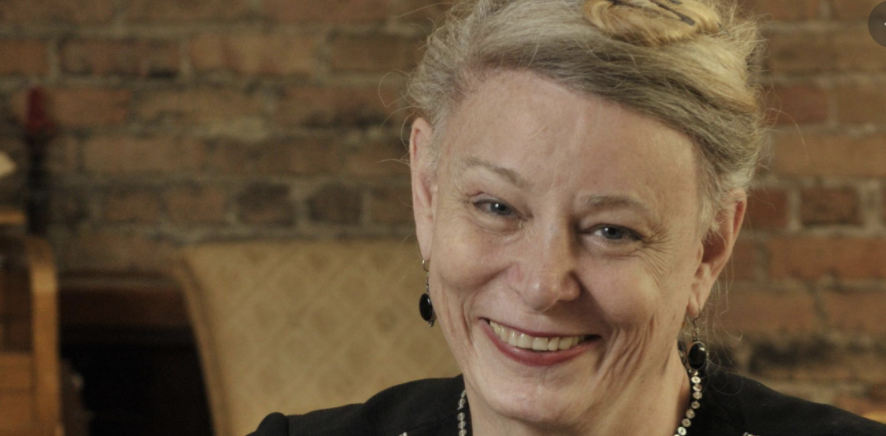
Economics must set aside petty squabbles for a better future


Deirdre Nansen McCloskey, professor emerita of six separate disciplines at the University of Illinois, Chicago an Economic historian, in her latest book on the Great Enrichment and the betterment of the poor -not just materially but spiritually, gives a intellectual and rigorous analysis with focus on human rather than the institutions. She asserts her vision of humanomics which draws on the work of Bart Wilson, Vernon Smith, and most prominently, Adam Smith. She is all for an economics that uses a comprehensive understanding of human action beyond behaviourism.
She claims to have neglected scientific analysis in their haste to diagnose the ills of the system. She reaffirms the global successes of market-tests betterment and calls for empirical investigation that advances from material incentives to an awareness of the human within historical and ethical frameworks.
The real business cycle school championed by “freshwater” Chicago – that calmed out spectacular fashion in 2008, when, at the Queen herself observed, it failed to predict the biggest financial crisis since the 1930s. `It took a decade for policymakers to desert the old doctrines but today Joe Biden’s administration’s lodestar is spending more in MMT – modern monetary theory.
What economics needs is to fulfil its potential as the premier science of human progress, is the rediscovery of its origins as the discipline that successfully marries the methods of science and the humanities’ writes McCloskey.
Humanomics offers a better guide to understanding where prosperity ultimately comes from and what policymakers can do to help it.
MCCloskey offers a summary of rediscovering the origins of discipline and a clear understanding of what distinguishes the social from the natural sciences. Human beings are conscious agents whose behaviour is governed by ethical conventions, and who spend much of their waking hours attempting to persuade one another using written and spoken rhetoric. These human qualities that make studying human society different forms studying plants, animals or physical particles, because to understand it one has to find out what the conventions and ideas that motivate people are, and where they come from. To get people, one has to get inside their heads and that is where humanities come in.
The study of humanities that give us understanding of values, conventions and ethics, in short what other people think, including in other cultures and at other times. “Ideas are the dark matter of history, humanities are the missing link”.
We find that the distinctive development was the emergence of a revolutionary creed, that hierarchy is often counter productive, that ordinary men and women do not need to directed from above: the commerce is not be looked down on- the bourgeoisie deserves political liberty and respect. It is liberalism that made all the subsequent institutional changes, technological discoveries and capital accumulation possible.
McCloskey writes “ Ideas were the steam power of the Great Enrichment”
Bettering Humanomics: A New, and Old, Approach to Economic Science by Deirdre Nansen McCloskey, University of Chicago, Press $30, 144 pages.
